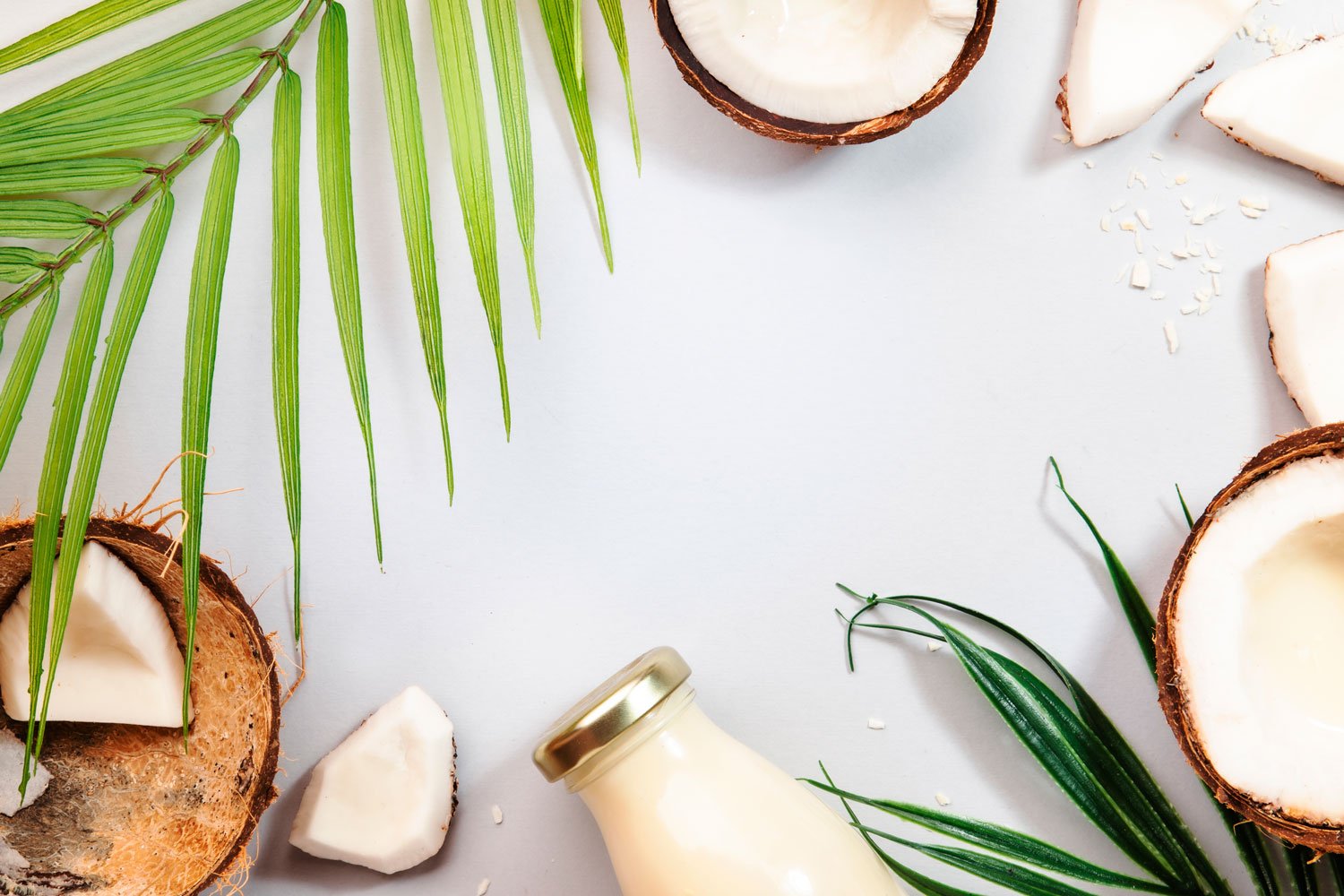Introduction:
Coconut oil, often referred to as the “tree of life,” has been an essential ingredient in culinary traditions around the world for centuries. With its unique flavor, impressive health benefits, and numerous applications in cooking, coconut oil has firmly established itself as a kitchen staple. In this article, we will explore the various uses of coconut oil in food making and why it deserves a place in your pantry.
A Flavorful Culinary Companion:
One of the most distinctive qualities of coconut oil is its rich, tropical flavor. It imparts a delightfully nutty and slightly sweet taste to dishes, enhancing their overall appeal. Whether you’re stir-frying vegetables, sautéing seafood, or baking a batch of cookies, substituting coconut oil for other fats can bring a unique twist to your recipes.
Health Benefits Beyond the Flavor:
Beyond its delicious taste, coconut oil offers a range of health benefits. It is rich in medium-chain triglycerides (MCTs), which are easily digestible and known to provide quick energy. MCTs have also been associated with improved metabolism and weight management. Additionally, coconut oil contains lauric acid, a compound with antibacterial and antiviral properties, which can boost your immune system.
Stable at High Temperatures:
One of the key advantages of using coconut oil in cooking is its high smoke point. This means it remains stable at high temperatures, making it ideal for frying, roasting, and baking. Unlike some other cooking oils that can break down and produce harmful compounds when heated, coconut oil retains its nutritional properties and flavor when used in high-heat cooking methods.
Vegan and Allergen-Friendly:
Coconut oil is a vegan-friendly fat that can be used as a substitute for butter or lard in various recipes, making it an excellent choice for those with dietary restrictions. It is also naturally free of common allergens, such as dairy and nuts, making it a safe option for individuals with allergies.
Versatile in Both Sweet and Savory Dishes:
Coconut oil’s versatility shines through in its ability to complement both sweet and savory dishes. In baking, it can replace traditional fats like butter, resulting in moist and flavorful treats. In savory dishes, it can be used to create exotic curries, Thai-inspired stir-fries, or to simply add depth to your cooking.
A Sustainable Choice:
Coconut oil production is typically more sustainable than some other oils. Coconut trees require fewer pesticides and synthetic fertilizers, and they also have a longer lifespan than many other crops. This makes coconut oil a more eco-friendly choice for conscientious consumers.
Conclusion:
Coconut oil is not just a cooking ingredient; it’s a culinary superstar. Its unique flavor, numerous health benefits, and adaptability in both sweet and savory dishes make it a must-have in any kitchen. Whether you’re a seasoned chef or a novice cook, experimenting with coconut oil in your recipes can open up a world of flavors and possibilities. So, the next time you’re in the kitchen, consider reaching for a jar of this versatile marvel and let its tropical charm elevate your culinary creations.

